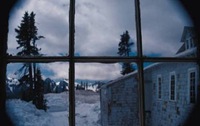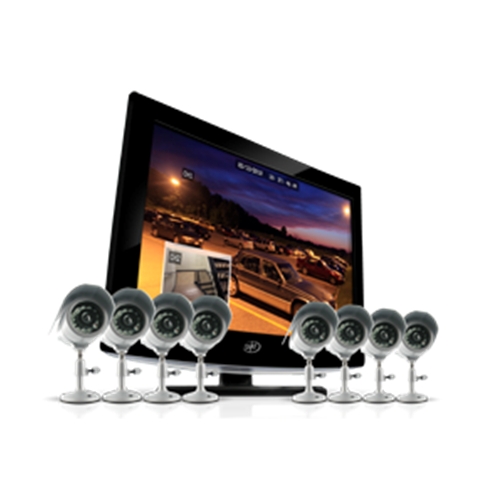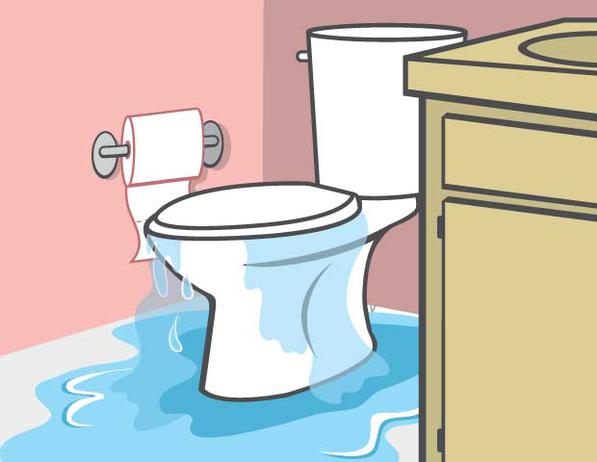 If you’re a snowbird who will be heading south soon to escape the cold winter months, here’s a list of steps you can follow to winterize your home and protect your property before you go. Investing the extra time to properly prepare and secure your home before you depart will free you from the worries of leaving an empty house and minimize costly repair bills.
If you’re a snowbird who will be heading south soon to escape the cold winter months, here’s a list of steps you can follow to winterize your home and protect your property before you go. Investing the extra time to properly prepare and secure your home before you depart will free you from the worries of leaving an empty house and minimize costly repair bills.
Yard – Clean gutters to prevent ice dams and allow melting snow to drain away from the house (and not into the basement); trim tree branches located near the home and power lines; arrange for a snowplow service to plow driveway and shovel walkway so your home looks occupied after major snowstorms.
Water system – Turn off and drain the water heater; wrap all pipes in unheated areas of the home including attic, basement, crawlspace and garage with insulated tape or flexible molded pipe sleeves; install a water alarm and flood sensor that will alert you of flooding before extensive damage is done; backwash water softener system and disconnect; check sump pump to be sure it is working properly and not blocked; turn off outside water faucets using basement shut-off valve; leave faucets open to prevent freezing and cracking; disconnect, drain and store garden hoses in garage or shed; turn off and drain outdoor sprinkler system.
 Seal air leaks — Inspect exterior doors and windows for drafts and install weather-stripping and caulking where you detect cold air leaks; close fireplace damper; replace damper door if it is deteriorating; seal air leaks around other exterior openings including dryer vents, pipes and electrical wiring.
Seal air leaks — Inspect exterior doors and windows for drafts and install weather-stripping and caulking where you detect cold air leaks; close fireplace damper; replace damper door if it is deteriorating; seal air leaks around other exterior openings including dryer vents, pipes and electrical wiring.
Heating system – Have a professional inspect your furnace to ensure that it is working properly; clean or replace the filters; set thermostat to around 55°F (12.7°C) to prevent frozen pipes; install a phone-based freeze alarm or Internet thermostat to alert you of changing conditions, such as a power outage and/or drop in temperature.
Appliances – Turn off and disconnect water lines to washing machine and leave the valves open; throw out perishable foods in refrigerator and freezer; leave refrigerator and freezer running or empty them completely, unplug and prop doors open; unplug TVs, computers, microwave ovens and other electrical appliances that are vulnerable to sudden power surges.
 Security – Install automatic timers to turn inside lights on and off at random times so home appears occupied; install exterior spotlights and floodlights with timers and/or motion detectors to deter intruders; partially close blinds, drapes and shades to make it difficult for intruders to look in while still giving the impression that the house is occupied; hide all expensive items and lock up any valuables or move them off-site; install a video surveillance system to remotely monitor your home through live or playback video and watch over the Internet or a smart phone; or, consider installing an autodialer remote monitoring system that can be customized to monitor for temperature changes, security, flooding, humidity, smoke and more.
Security – Install automatic timers to turn inside lights on and off at random times so home appears occupied; install exterior spotlights and floodlights with timers and/or motion detectors to deter intruders; partially close blinds, drapes and shades to make it difficult for intruders to look in while still giving the impression that the house is occupied; hide all expensive items and lock up any valuables or move them off-site; install a video surveillance system to remotely monitor your home through live or playback video and watch over the Internet or a smart phone; or, consider installing an autodialer remote monitoring system that can be customized to monitor for temperature changes, security, flooding, humidity, smoke and more.
Alert trusted neighbors and local police that you will be away; ask neighbors to check on the house weekly and leave them a contact phone number, or, hire a professional caretaking service to check inside and outside the house each week; install a DIY wireless security system to contact you directly of a break-in or disturbance.
Mail, newspapers and utilities– Stop mail and newspaper delivery; ask the post office to forward first class mail so you can stay current on bills; contact your internet provider and cable company to stop service or start vacation hold.
Insurance – Check your homeowners insurance policy to be sure you have adequate coverage; contact your insurer to learn what precautions you must take to ensure coverage during an extended absence (many policies have clauses excluding homes not occupied for 30+ days); prepare an inventory of your home’s contents and bring it with you in case you have to file a claim while you are away; photograph or videotape your home and valuables and note date of purchase and original cost.
Most of these steps to prepare and winterize your home can be accomplished yourself in a weekend, although it’s advisable to have a reputable plumber or HVAC service person inspect your water and heating systems. If you are really concerned about leaving your home empty for an extended period of time, consider hiring a reliable house-sitter who can run the household, oversee home maintenance, watch out for emergencies 24/7, and even care for pets.




Pingback: Leaving for Winter? Use Hidden Cameras to Protect Property